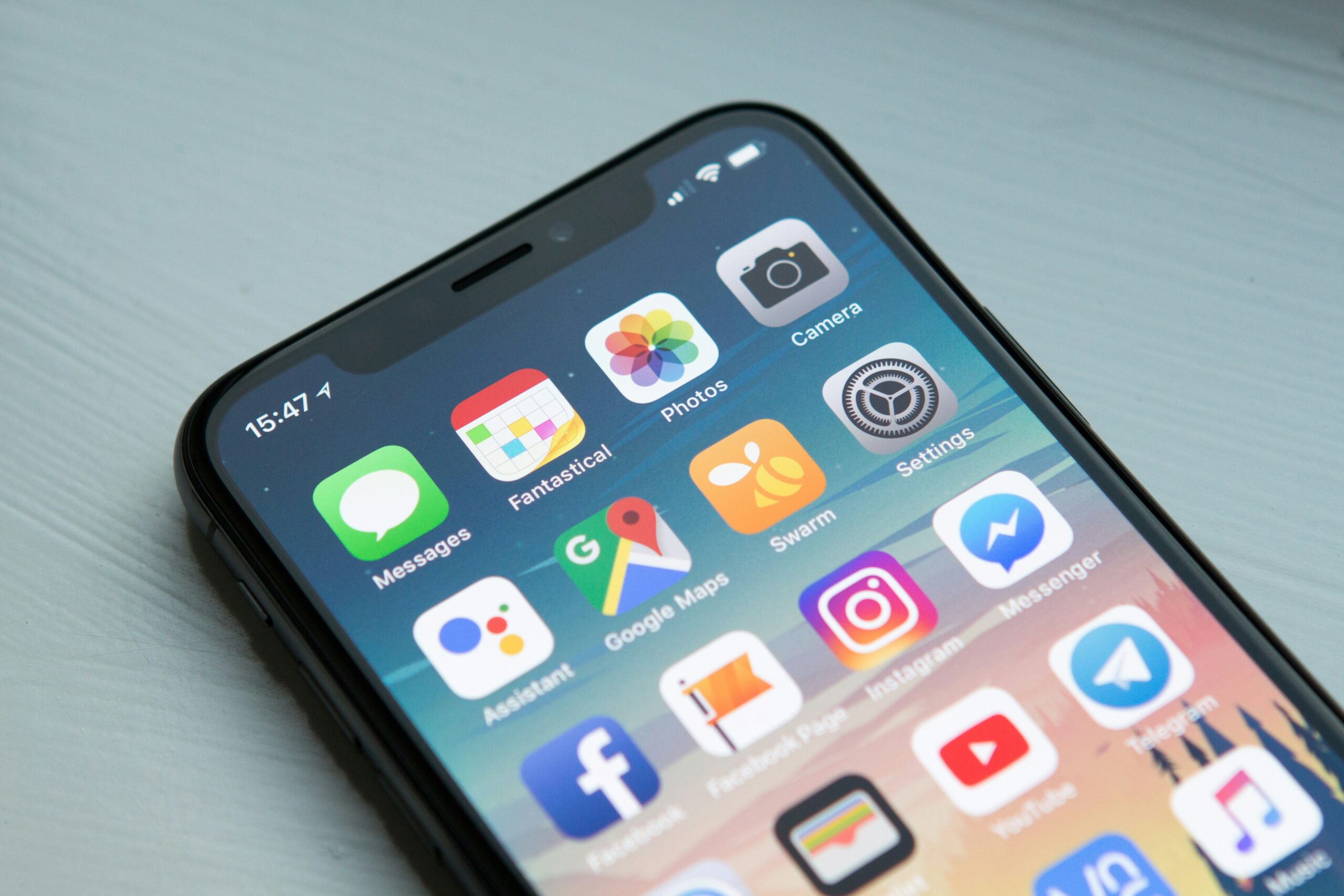If you’re dealing with mental health challenges, what should you do about them? Like many things these days, there’s an app for that. But should you use mental health apps (especially if you’re struggling with substance abuse, too)? Or would it be better to go with the traditional inpatient therapy or residential treatment experience at a professional treatment facility? Let’s explore.
The Increasing Popularity of Mental Health Apps
Though you can still have in-person meetings at work or catch up with a friend face-to-face, many social interactions in our world these days are getting increasingly digital. Whether it’s email, text messaging, social media, or downloading numerous apps for various daily tasks or activities, using digital technology has become commonplace. And it’s no different with the proliferation of mental health apps you’d likely find in your app resource of choice. Current Treatment Options in Psychiatry even shares that there are over 10,000 wellness or mental health apps ready to download right now.
In the past, most people would seek counseling or treatment from a therapist in a physical office, which required scheduling an appointment, driving there, and visiting in person. Nowadays, it may feel simpler just to pull up an app for mental health on your phone whenever you want. But is it a good idea?
Phone Apps for Mental Health: Are They a Good Choice for You?
As apps and digital technology strengthen their grip on our everyday rhythms, mental health apps are likely here to stay. After all, some people may lack options when it comes to mental healthcare in their area, making them a better choice than no help at all. Using phone apps for mental health can often get cheaper than residential mental health treatment (or are even accessed for free), according to Popular Science. These apps often serve their purpose by providing basic mental healthcare resources like:
- Self-assessment
- Symptom or mood monitoring
- Therapy
- Psychoeducation
- Community support
SOURCE: American Psychiatric Association (APA)
Even with the proliferation of phone apps for mental health, there actually aren’t regulations in place that ensure you’re getting quality information and support. So what does that mean? Unfortunately, the content in a mental health app may range from clinical expertise to harmful and inaccurate, so you may not know if what you’re actually being advised is really good for you or not.
In fact, though mental health apps may claim to treat mental health issues without in-person therapy appointments, there’s no evidence to back those claims. Research looking into mental health app interventions among 50,000 patients, according to Harvard Health Publishing, did not find “convincing evidence” that any of them greatly improved outcomes related to anxiety, depression, and feelings of well-being.
On top of this, it’s often difficult to sustain the amount of engagement needed in an app to actually see any long-term benefits. And throw in privacy concerns due to cybersecurity issues and user data collection, and mental health apps often fall short.
What About Inpatient or Residential Treatment Instead?
Looking at your options, what should you expect if you chose to pursue inpatient mental health treatment instead? Inpatient treatment involves living at a residential treatment facility for a temporary period of time. You’re guided through personalized therapies by professional clinicians in an intentional, secure setting designed for your long-term healing. You’re not trying to do it all alone. Rather, you’ll experience a holistic approach to treatment, which often includes:
- A treatment plan tailored to your needs and goals
- Medically assisted treatment (if needed)
- Distraction-free structure
- Evidence-based and experiential therapies
- Community support
Many mental health disorders are actually rooted in unresolved past trauma (even childhood trauma from adverse childhood experiences). That means residential treatment is necessary to address and heal the underlying trauma causing your mental health challenges. Mental health apps simply fall short in this category.
And if you’re struggling with a drug or alcohol addiction in addition to a mental health disorder, you absolutely need to seek in-person, residential treatment in order to heal. Trying to overcome co-occurring disorders like these by using an app alone will ultimately keep you stuck in the cycle of addiction.
Mental Health Apps vs. Inpatient Therapy: Our Recommendation
No matter if you’re dealing with mental health challenges or have co-occurring disorders, we at Sana at Stowe believe giving yourself the best possible care is always the right choice. That means choosing in-person, inpatient therapy over mental health apps every time. An app may help as a supplemental tool, but it’s not a replacement for actual professional treatment.
If you’re seeking help for both addiction and mental health challenges, our New England-based dual diagnosis treatment program is here for you. With our in-person assistance, you can finally overcome your struggles and live life on your terms. To learn more, contact our team today.


